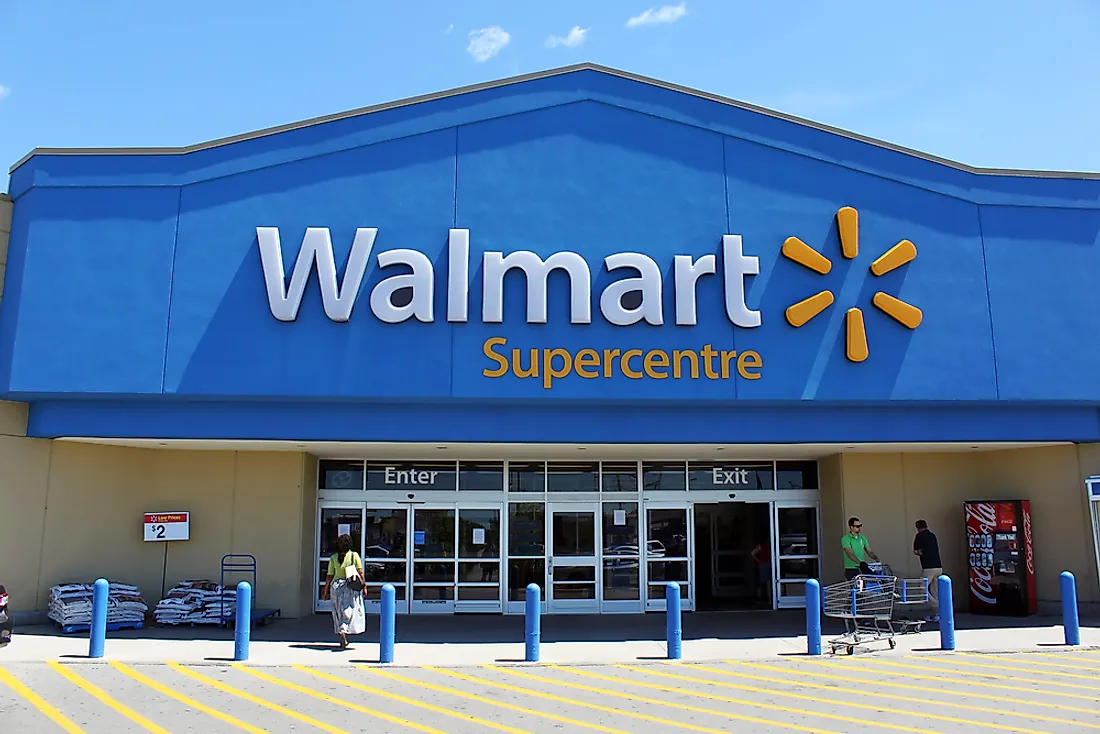Understanding Why Walmart May Not Cash Your Check
Introduction: Having your check rejected at Walmart can be frustrating and confusing, especially when expecting a seamless transaction. While Walmart offers check cashing services to customers, there are several reasons why your check may not be cashed. In this article, we’ll delve into the reasons Walmart decides not to cash your check, helping you understand the process better and potentially avoid future issues.
Insufficient Funds
One of the most common reasons why Walmart may refuse to cash your check is if there are insufficient funds in the issuer’s account. When you present a check for cashing, Walmart verifies the availability of funds to ensure that the transaction can be completed securely. If the issuer’s account lacks the necessary funds to cover the amount specified on the check, Walmart will decline the transaction to prevent potential losses.
Non-Compliant Check
Walmart adheres to specific guidelines and requirements when cashing checks, and any deviation from these standards may result in a refusal. Checks must meet particular criteria, including being adequately endorsed, having a valid date, and containing accurate information. Suppose the check you’re attempting to cash fails to meet these requirements or raises suspicion of fraud. In that case, Walmart may decline the transaction to uphold its commitment to security and compliance.
Identification Issues
Valid identification is essential when cashing a check at Walmart or any other financial institution. Walmart requires customers to present government-issued photo identification, such as a driver’s license or passport, to verify their identity and ensure the transaction’s legitimacy. If you fail to provide acceptable identification or if the information on your ID doesn’t match the details on the check, Walmart may refuse to cash the check as a precautionary measure.
Risk Assessment
As a retailer offering financial services, Walmart evaluates the risk associated with each check-cashing transaction. Factors such as the check amount, frequency of transactions, and the customer’s history may influence Walmart’s decision to cash a check. If the transaction appears high-risk or raises suspicion, Walmart may decline it to mitigate potential losses or fraud.
System Limitations
While Walmart strives to provide convenient check cashing services to customers, there may be instances where system limitations or technical issues prevent a transaction from being completed. If the check verification system is offline or experiencing disruptions, Walmart may be unable to process check cashing requests until the issue is resolved. In such cases, customers are advised to try again later or utilize alternative payment methods.
Conclusion
Although Walmart offers check cashing services as a convenience to customers, there are various factors that can lead to a check being declined. Whether it’s due to insufficient funds, non-compliance with check requirements, identification issues, risk assessment, or system limitations, understanding why your check was not cashed can help you navigate the process more effectively in the future. By adhering to Walmart’s guidelines and ensuring that your checks meet the necessary criteria, you can increase the likelihood of a successful transaction and avoid potential complications.
